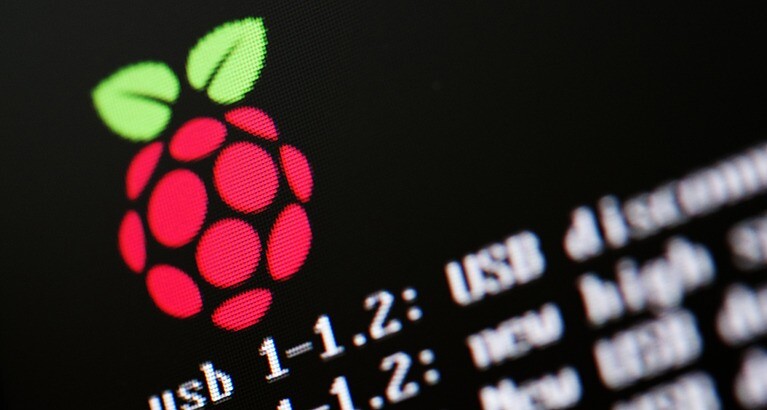
Eben Upton, an Executive MBA graduate of Cambridge Judge Business School (EMBA 2009), initially launched the Raspberry Pi mini-computer in 2012 to attract more students to study Computer Science in the UK. To his surprise, the $35 credit card-sized device has spawned developments he never envisioned – including freeing up “thousands if not tens of thousands” of engineers to do more creative things than build non-differentiating hardware platforms.
The Cambridge-based Raspberry Pi Foundation is a registered charity with a mission to help young people develop the “knowledge, skills, and confidence to use computers and digital technologies effectively”, but the device has proved to be more than just a young person’s plaything.
In the Cambridge-based organisation’s most recent annual report, for 2021, it reported sales for commercial subsidiary Raspberry Pi. of more than 7 million computers in 2021, for a total of 45 million units over the past decade. About 40% of annual sales are now for industrial applications and interfacing in today’s Internet of Things (IoT).
Eben was interviewed by Khaled Soufani, Management Practice Professor of Financial Economics & Policy at Cambridge Judge as part of ’CJBS Perspectives: Leadership in Unprecedented Times’, a series of talks with prominent business leaders and other public figures organised by the Alumni & External Engagement Team at the Business School.
Here are edited excerpts of Eben’s thoughts.
The Raspberry Pi has freed up thousands and thousands of engineers
The Raspberry Pi has probably freed up thousands to tens of thousands of existing engineers to go and do more useful stuff. We are champions of general-purpose computing. As Raspberry Pi has grown, we’ve seen that outside of the original educational and enthusiast target market the device is being sucked into organisations which previously were having to build hardware platforms, and we found that they were replacing their little random hardware platforms with Raspberry Pi single-board computers and modules.
The Raspberry Pi enabled organisations to exit hardware production
Established organisations that had been forced into producing computer hardware could now exit that business, and this brought efficiencies. It also allowed an entirely new group of companies to do interesting new things that they wouldn’t be able to do if they had to build hardware platforms.
This effectively made more efficient use of the pool of engineers that already exists. An engineer who is no longer building a non-differentiating hardware platform can go and do something more useful.
From the UK to the world
This was an organisation set up for the UK, but 95% of Raspberry Pis are exported, and 90% to 95% of the impact is happening outside the UK.
On a visit to Kenya and Ghana, I was amazed at the product’s popularity in developing nations, and I was impressed by the hunger for education and the role of governments in their commitment to securing a better future for their people through technological development.
Onshoring production and lowering the carbon footprint
We onshored production to a facility in Wales, so the Raspberry Pi is made by a division of Sony. I don’t know how we would have coped as an organisation if we had been attempting to remotely manage an offshore manufacturing process during the pandemic.
For environmental reasons, we are now focused on moving away from air to sea transport, and we’ll see how that plays out in terms of cost. The downside is you lock a lot more capital up, so you have more dollars moving around the world on a boat, but on the other hand sea freight is much cheaper, with a substantially lower carbon footprint.
The value of family
My family has been really important to my Raspberry Pi journey. I’m like a magpie, always chasing after different things. So, I thank my family for continuously bringing me back to this project.
Raspberry Pi has been a very long journey for me – I was in my twenties when we started thinking about it. Something I learned early in the programme is the value of surrounding yourself with people who help you sustain your commitment to a project and to sustain your energy, as most worthwhile things take a long time to do.
Related content
CJBS Perspectives: Leadership in Unprecedented Times
Eben was interviewed for the ‘CJBS Perspectives: Leadership in Unprecedented Times’ series.





